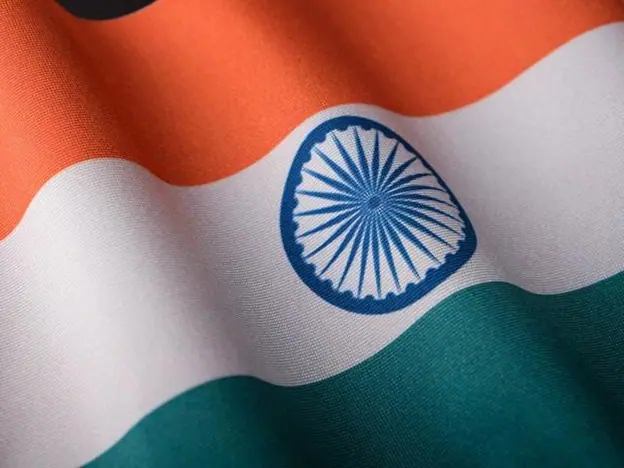All Eyes Are On New Delhi
India’s booming steel sector is powering ahead, but not without its share of friction.
This week, domestic iron ore pellet manufacturers raised red flags over a sharp rise in pellet imports, allegedly of Iranian origin but routed through Oman to sidestep U.S. sanctions. And they’re not keeping quiet.
According to a Reuters report, India has imported over 800,000 metric tons of iron ore pellets in 2025 alone, a dramatic spike after nearly three years of negligible imports. Now, industry insiders and analysts are urging the government to act before local producers suffer deeper setbacks.
At the heart of the controversy is this: Iranian-origin iron ore pellets are being shipped to India under the guise of originating from Oman, a country that, according to industry analysts, doesn’t produce pellets in significant volumes (if any at all).
The Pellet Manufacturers Association of India (PMAI) has already submitted a formal complaint to the Ministry of Steel, raising suspicions that these imports are “sanction-busting” cargoes disguised through a third-party route.
Manish Kharbanda, President of PMAI, didn’t mince words:
“Oman as a country of origin is doubtful.”
While Indian pellet producers are capable of meeting domestic demand, the influx of cheap foreign pellets is eroding market share and compressing margins. Local manufacturers are now operating at just 69% capacity, according to the PMAI.
This is an issue with capacity and about fairness in trade. As Lalit Ladkat of CRU Group explains:
“The surge is driven by higher domestic pellet prices and the availability of cheaper, high-quality Iranian pellets.”
In other words, the competitive advantage lies not in efficiency or quality, but in bypassing sanctions, and that’s raising more than a few eyebrows in India’s steel and mining circles.
Do not forget, though, that Iranian industrial metals have been under heavy U.S. sanctions since 2019, when former President Donald Trump targeted the sector to cut off one of Tehran’s biggest revenue streams. This includes iron ore and pellets, essential ingredients in steelmaking.
Routing through Oman might technically blur the lines of origin, but it doesn’t erase the ethical or geopolitical concerns. If these imports are indeed Iranian, it could strain India’s relations with Western allies, especially as the U.S. continues to enforce secondary sanctions on entities that facilitate Iran’s exports.
India is the world’s third-largest iron ore producer and is witnessing a steel boom, fueled by infrastructure, automotive demand, and real estate expansion. Finished steel consumption is up 7.1% year-over-year, and crude steel output rose 9.5% in April-May 2025 alone.
But unregulated imports of core raw materials can disrupt this momentum by undercutting domestic producers and weakening the entire supply chain. If India wants to build a self-reliant steel ecosystem, it needs more than just production capacity; it needs policy protection too.
The Ministry of Steel is reportedly examining the matter, but has not yet issued an official response.
If confirmed, expect to see stricter import origin verification protocols, tariff adjustments or quotas on pellet imports, and increased customs scrutiny on shipments via Oman.
There’s also growing speculation that India may strengthen its strategic stockpile of iron ore, reduce dependence on suspicious imports, and incentivize local pelletization capacity expansion.



